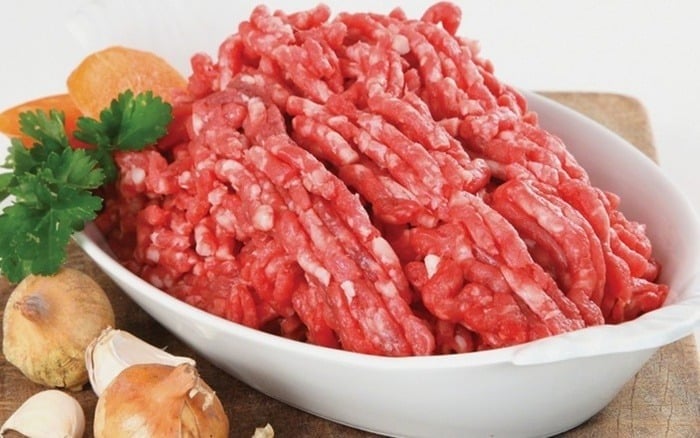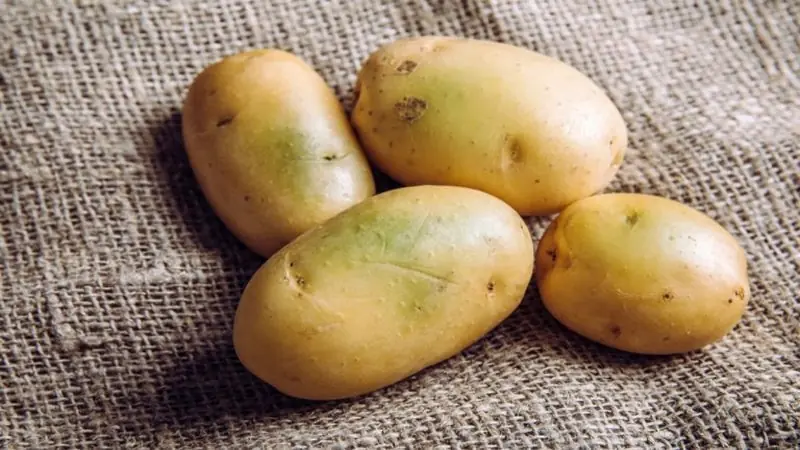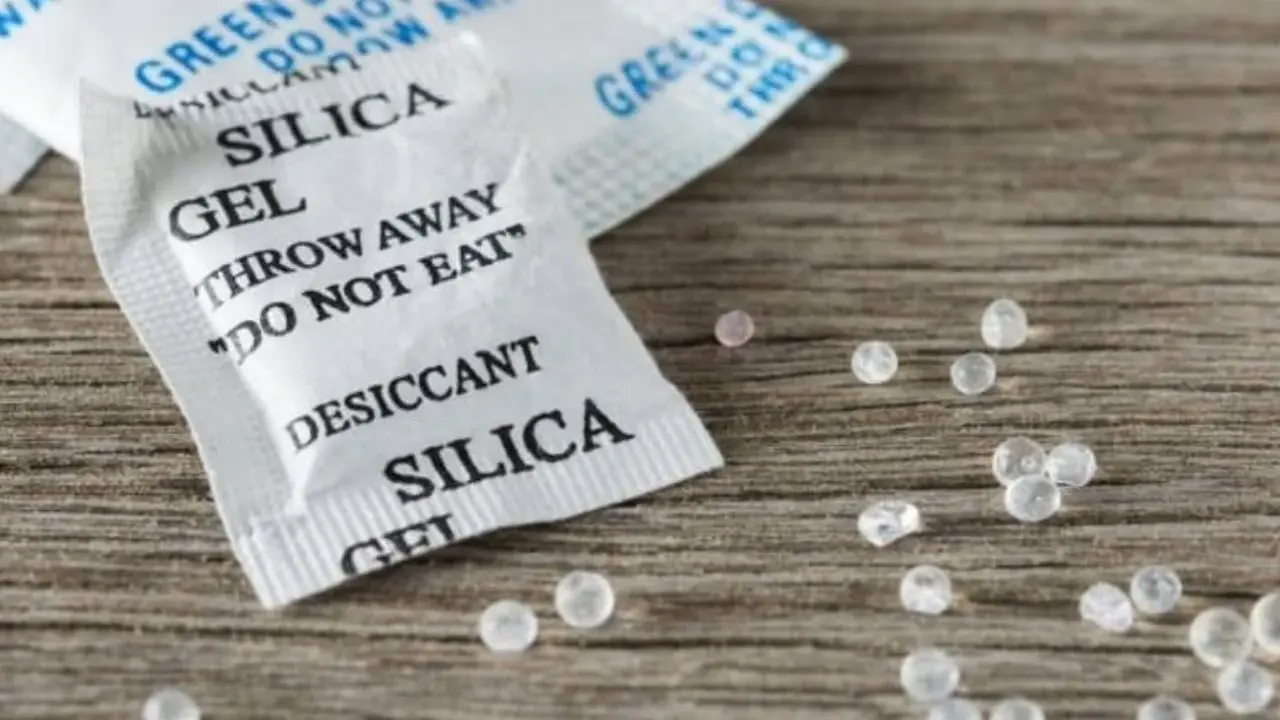
Supermarket Employees Reveal 7 Items You Should Never Buy—Even If They’re on Sale
Supermarket Employees Reveal 7 Items You Should Never Buy—Even If They’re on Sale
These seven items might seem like a great deal, but supermarket staff warn: buying them could cost you more than just your money.
When shopping at the supermarket, discounted items often draw the most attention. Who doesn’t love a good deal? The thrill of saving money can make us feel like savvy shoppers. However, according to insiders who work behind the scenes, not all discounts are worth it. Some products are marked down for reasons that might raise red flags—and you should think twice before putting them in your cart.
Here are 7 supermarket items you should avoid buying, even on sale, and the reasons why.
1. Pre-Cut Fruit – Convenient But Risky
It’s easy to be drawn to neatly packaged, colorful trays of sliced fruit sitting in the refrigerated section. These are convenient for snacking or serving without any prep time. But what you might not realize is that many of these pre-cut fruits are made from bruised or near-expired produce.
Supermarket staff often cut away the unappealing parts of damaged fruit and repackage the “good-looking” pieces for quick sale. While they may look fresh, these fruits can lack flavor and have a shortened shelf life. You’re better off buying whole fruit and cutting it yourself to ensure quality and freshness.
2. Discounted Milk – A Sneaky Expiration Trap
Milk is a household staple, and supermarket promotions like “buy one, get one free” can be tempting. But be cautious—milk that’s marked down is often close to its expiration date.
Unless you know you’ll use it quickly, avoid stocking up on large quantities. Spoiled milk isn’t just a waste of money—it can lead to foodborne illness. Always check the expiry date and only buy what you can consume in time.
3. Out-of-Season Produce – Pricey and Less Nutritious
Buying produce out of season means paying more for less. Off-season fruits and vegetables are often shipped long distances or grown in artificial environments, which can affect their taste and nutritional value.
In contrast, seasonal produce is fresher, tastier, and more affordable. Stick with what’s in season for better flavor and to save money—your wallet and your taste buds will thank you.
4. Discounted Frozen Seafood – Watch Out for Quality Issues
Seafood lovers know that fish and shellfish don’t come cheap, so markdowns might seem like a score. But here’s the catch: discounted frozen seafood may have been sitting in storage too long.
Frozen seafood that’s been improperly stored or kept too long loses its firmness and nutritional value. Always check the packaging for frost buildup (a sign of freezer burn), production dates, and any odd odors. When in doubt, skip the discount bin and buy from a reputable fresh seafood counter.
5. Pre-Ground Meat – Convenient but Questionable
Ground meat is a go-to for quick dinners, from burgers to pasta sauces. But buying it pre-ground means sacrificing transparency—you can’t be sure what cuts were used, or how fresh the meat really is.
In some cases, supermarkets grind up trimmings, fatty pieces, or leftover cuts from the day. If possible, buy whole cuts of meat and ask the butcher to grind them for you, or grind your own at home. You’ll get fresher, cleaner meat and better flavor.
6. Bottled Sauces – Hidden Preservatives
Store-bought sauces like marinades, salad dressings, and stir-fry blends are undeniably convenient. But they often contain excessive preservatives, sodium, sugar, and artificial ingredients.
Instead, consider making your own sauces at home using fresh, natural ingredients. It’s healthier, more affordable in the long run, and you can customize flavors to your liking. Homemade sauces also skip the preservatives and chemical additives found in many bottled options.
7. Overpriced Produce – Save More at Local Markets
While supermarkets offer convenience, the prices of fruits and vegetables are often significantly higher than what you’d find at local markets or farmers’ stalls. Traditional markets tend to have fresher, more affordable options—especially for staple items like greens, tomatoes, onions, and herbs.
Shopping at local markets supports small-scale farmers and helps you get the most value for your money. Plus, the produce is often harvested more recently, which means better taste and higher nutritional content.
Final Thoughts: Smart Shopping Is About More Than Price
While a discount sticker may seem like an instant win, it’s worth taking a moment to consider the real value behind the deal. Quality, freshness, and health should always come first—especially when it comes to what we put on our plates.
Next time you see these seven items marked down, remember: not all bargains are worth it. Ask questions, check labels, and make informed decisions. Your health—and your wallet—will benefit in the long run.
News in the same category


What is their purpose in doing so?

10 Secrets You Need to Know Before Eating Okra

Scientists have found a perfectly preserved dinosaur em.bryo inside a fossilized egg

What Are the Tiny Bumps on the Rice Paddle in a Rice Cooker For?

Chicken Is Packed with Health Benefits — But Have You Ever Wondered Which Part Is the Healthiest?

Netizens are calling for people to stop eating this fish to protect coral reefs. What kind of weapon does this animal have that makes it so powerful?

3 reasons to close the toilet lid before flushing

5 Hotel Items You Can Take Home After Your Stay — Most People Don’t Know and End Up Wasting Them

Why Bank Employees Rarely Deposit Their Money Where They Work – Once You Know the Reason, You Might Want to Do the Same

The pet dog barked continuously all night, the owner did not suspect anything, but in the morning, seeing the heartbreaking scene, he realized that thanks to the pet, the family escaped the disaster

Dentist Reveals Important Reason Why You Must Replace Your Toothbrush Every Three Months

If You See These 6 Signs on Potatoes, Don’t Buy Them—No Matter How Cheap. They Could Be Toxic. Even Sellers Won’t Use Them

5 Household Devices That “Steal" Electricity More Than Air Conditioners

The wedding of 1 groom 2 brides in China is s.ho.cking, the insider's explanation makes it even more confusing

Should you wear a blindfold while sleeping? When should you use a blindfold while sleeping?

Did You Know That Waking Up At 3 Or 4 In The Morning Is A Clear Sign Of…

The mistakes that many people are making

One Twin Is Vegetarian, the Other Eats Meat — Who’s Healthier? A Study Reveals a Surprising Result
News Post

Waking up early in the morning

This Wild Herb Is Dubbed 'Ginseng for the Poor' — And Hardly Anyone Knows It Exists

Doctors Find Gauze Left in Patient’s Body for Almost 10 Years

38-Year-Old Man with Sto.mach Can.cer Warns: 3 Leftover Foods in Your Fridge Could Be Can.cer Triggers

If You See These 3 Things in a Motel or Hotel Room, Don’t Hesitate—Check Out Immediately

What is their purpose in doing so?

10 Secrets You Need to Know Before Eating Okra

Tips for getting rid of small insects in the bathroom

Scientists have found a perfectly preserved dinosaur em.bryo inside a fossilized egg

"All" good tips to chase flies, mosquitoes, ants, cockroaches out of the house using cheap ingredients such as

Closing the door and turning on the air conditioner at 29 degrees is wrong

Why shouldn't you turn on the air conditioner for a while and then turn it off

Placing Ginger Beside Your Pillow Is as Powerful as Eating a Thousand-Year-Old Ginseng—Can’t Believe I’ve Wasted Half My Life Not Knowing This

Caught on Camera: My Daughter-in-Law Secretly Gave Money to Her Mother—My One Sentence Left Them Both Shocked

Every Fridge Has a “Secret Number Code” – Adjust It Right and You Could Cut Your Electricity Bill in Half!

What Are the Tiny Bumps on the Rice Paddle in a Rice Cooker For?

8 surprising benefits of silica gel packets

Benefits of placing ginger next to the pillow before sleeping
